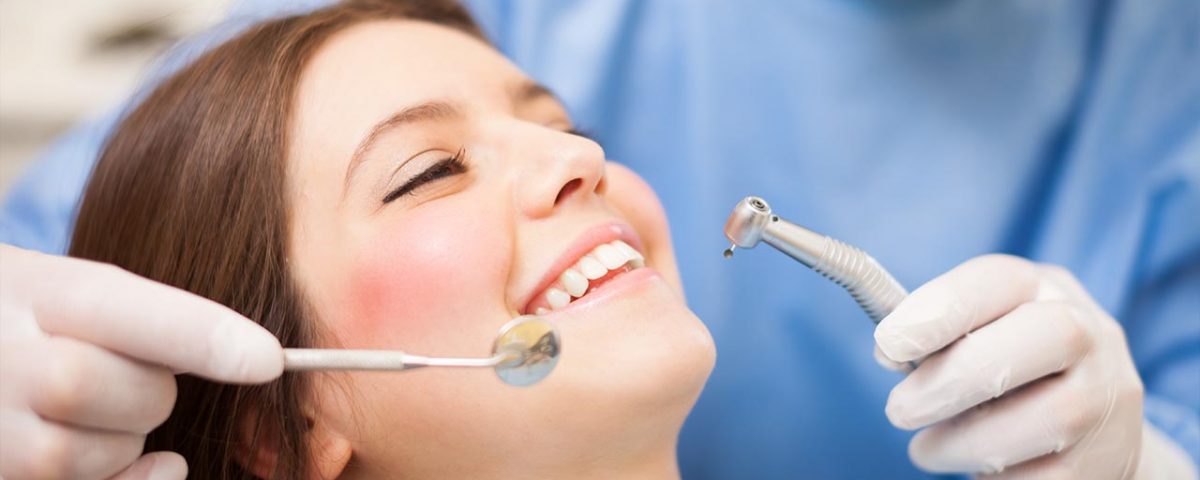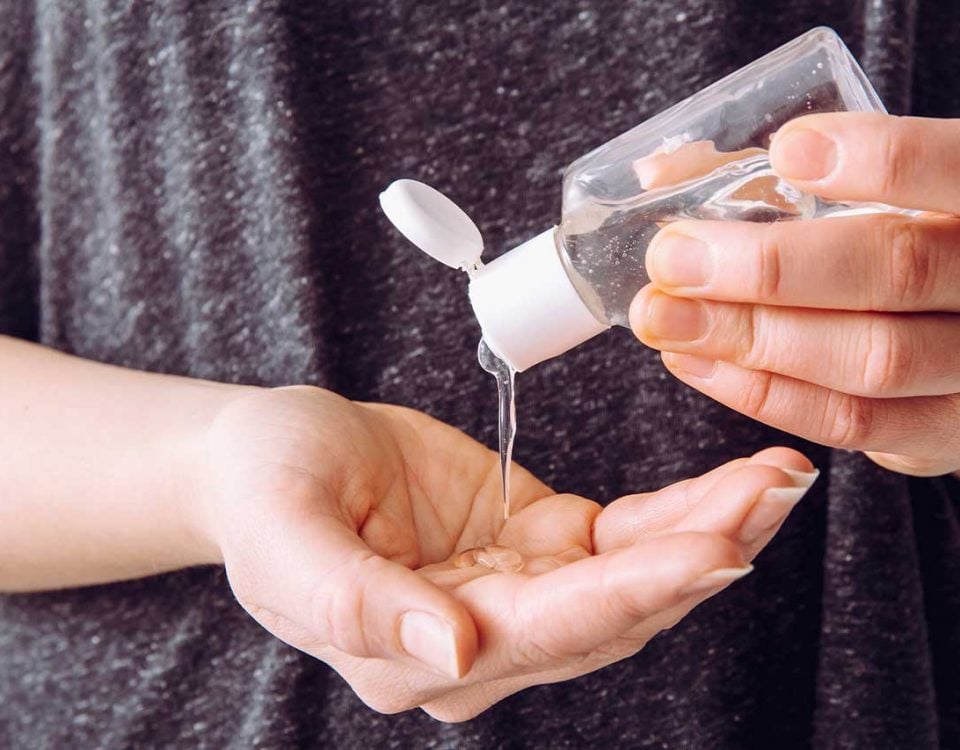There is a strong connection between addiction and tooth decay, with many people experiencing dental issues resulting from patterns of substance abuse.
Neglect is one factor contributing to addiction tooth decay, but other physical factors stemming from substance use can also contribute to dental decay. This includes side effects of drugs and alcohol, such as decreased saliva production, dry mouth, and increase in the acidity of saliva.
Many people experience dental issues, such as alcohol tooth sensitivity or cavities, as a result of their active addiction. After completing treatment at a drug rehab center in Gilman, many patients seek out dental work in sobriety. But, getting in the dentist’s chair after getting sober can be stressful. Our team at Banyan Treatment Center Heartland shares tips for reducing dental anxiety post-treatment.
How Addiction Harms Your Teeth
Drugs and alcohol are damaging to many parts of the body, and your dental health is one area that’s not spared. Alcohol and drugs, such as meth, can result in addiction tooth decay or sensitivity. Meth mouth is one of the most severe and widespread types of addiction dental decay, with 96% of meth users having cavities, 58% having untreated tooth decay, and 31% having missing teeth. [1]
Alcohol can also cause harm to your teeth, resulting in advanced decay. Many people who are living with active addictions neglect their personal health, which results in more dental issues. There are many advanced dental procedures that can remedy numerous dental issues, including gum disease.
Going to The Dentist After Getting Sober
After completing drug or alcoholism treatment in Illinois, you might be ready to visit the dentist to fix your smile. Visiting the dentist can be stressful, but it’s an important component of self-care that you’ll learn in recovery. If you’re visiting the dentist for the first time after getting sober, consider these tips to make the experience less stressful:
- Shop around for the right dentist; if a dentist is making you uncomfortable, seek treatment elsewhere
- Practice meditation or calming techniques when at the dentist
- Reward yourself for completing the appointment with a favorite activity
- Be honest with your dentist about any fears you’re having
Dental anxiety is a common challenge, especially for those who are in recovery. But dental work is a vital part of staying healthy, and it can help you regain your confidence.
Getting into treatment is easy with our free insurance verification
"*" indicates required fields
For more tips on how to navigate sobriety or how to begin treatment, call 888-280-4763.
Sources:
- Mouth Healthy – Meth Mouth: How Methamphetamine Use Affects Dental Health









